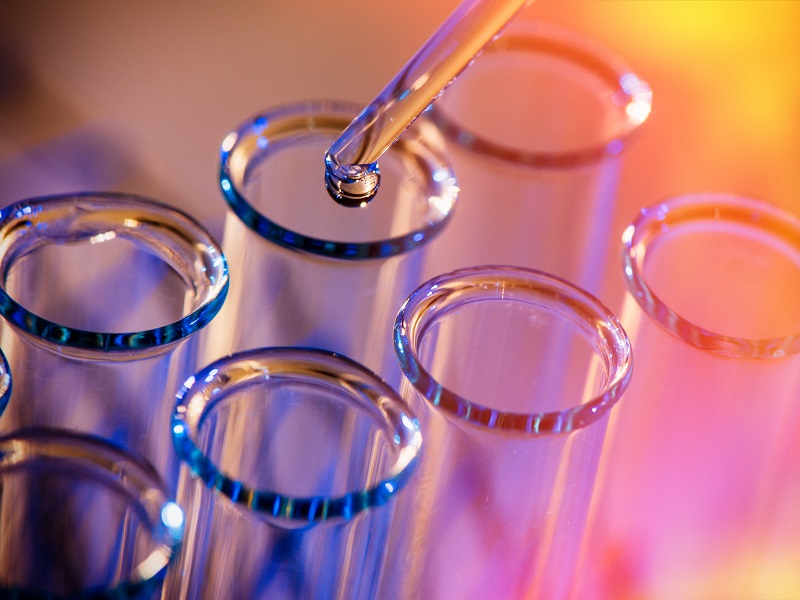Two of Australia’s leading life sciences and biotech associations have called on all political parties to address the challenges of commercialising locally developed products and services as an election policy priority.
Both AusBiotech and the Australian Academy of Health and Medical Sciences (AAHMS) are seeking policy changes that recognise the central role that biotech, health and medical research in bolstering the nation’s long-term resilience, innovation capacity, and competitiveness in world markets.
In its call to action ahead of the federal election, AusBiotech says “urgent action” is needed to ensure Australia’s thriving life sciences sector is recognised as a strategic national asset.
The organisation warns that despite Australia’s strength in the life sciences sector, with an ecosystem boasting nearly 3,000 organisations spanning every part of the health innovation lifecycle, “we continue to see the economic, security and health benefits of our health innovations realised offshore.”

The AAHMS echoed the sentiment, calling on all political parties to strengthen national resilience by placing health and medical research at the centre of our innovation agenda.
“Our health and medical research sector is one of Australia’s most valuable national assets,” Academy president Professor Louise Baur said.
“It not only delivers life-changing healthcare solutions but also economic returns, job creation, and the knowledge base we need to respond to the biggest challenges of our time.”
“To maintain our global edge and safeguard the wellbeing of future generations, we need bold, strategic investment in health and medical research now.”
Policy priorities for the election
AusBioTech wants immediate action to remain globally competitive in life sciences with four requests:
- Develop a whole-of-government National Life Sciences Strategy: Delivering clear policy priorities and eliminate duplication.
- Establish a strategic partnership between industry and government: An Australian Life Sciences Council would aim to address the implications of the rapidly evolving trade environment, as well as deliver the National Strategy.
- Prioritise life sciences: Recognise and include the sector within whole-of-government initiatives like the Future Made in Australia Act.
- Invest in data: Improve understanding of global interdependencies, drive innovation and inform effective policy-making.
AAHMS’ 2025 Election Platform is centred on three key priorities:
- Building future-fit health systems: Embedding research and innovation as core functions of the health system and ensuring inclusive and sustainable research careers for early-and-mid-career researchers and the clinician researcher workforce.
- Maintaining trust in health and medical science: Tackling misinformation, strengthening health literacy, and supporting public confidence in research and health advice.
- Equity and access to health and medical research: Addressing long-standing gaps in research on women’s health and improving access to health and medical research expertise across disciplines and geographies.
Both organisations called on political parties to engage and support the implementation of these policy requests as a critical pillar of national policy.
Do you know more? Contact James Riley via Email.
